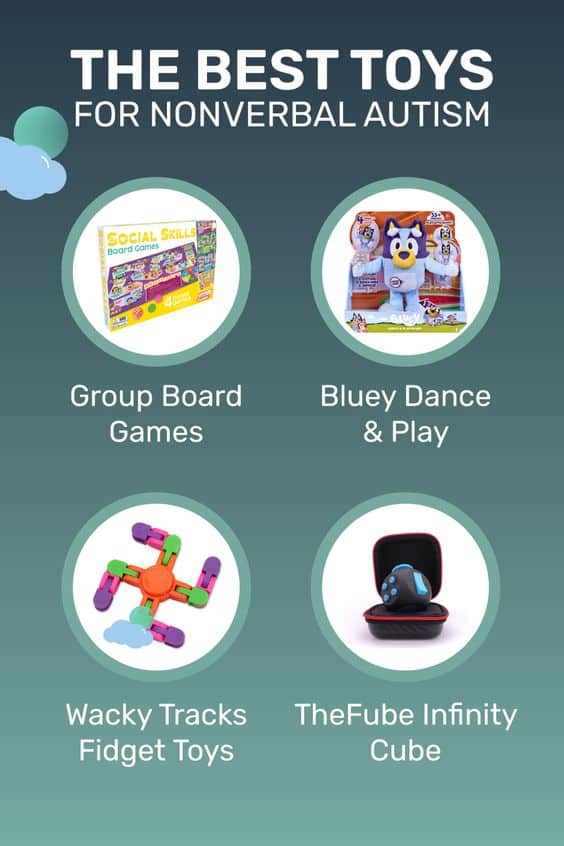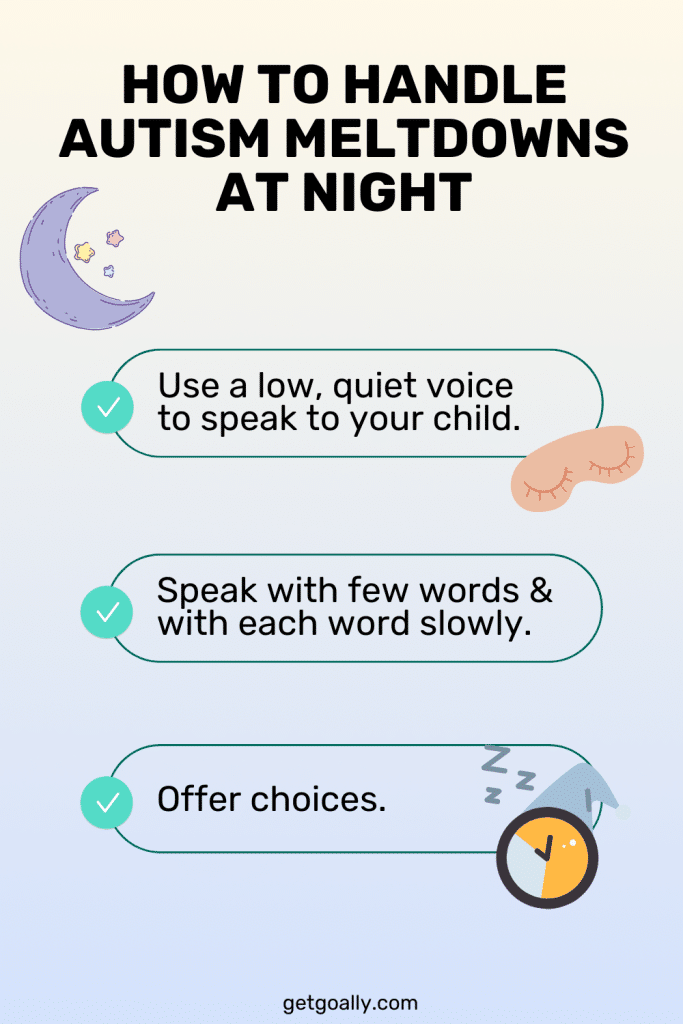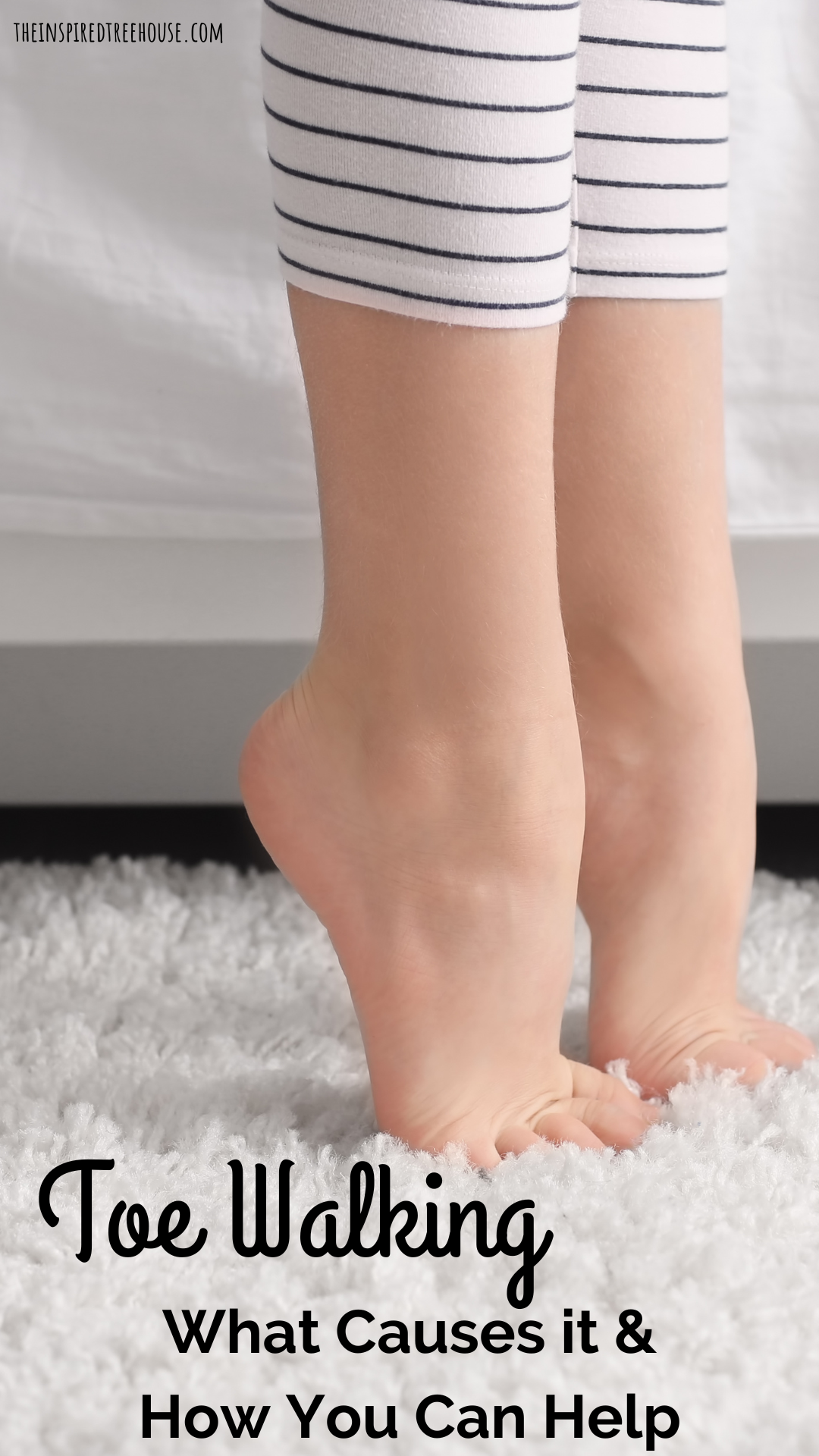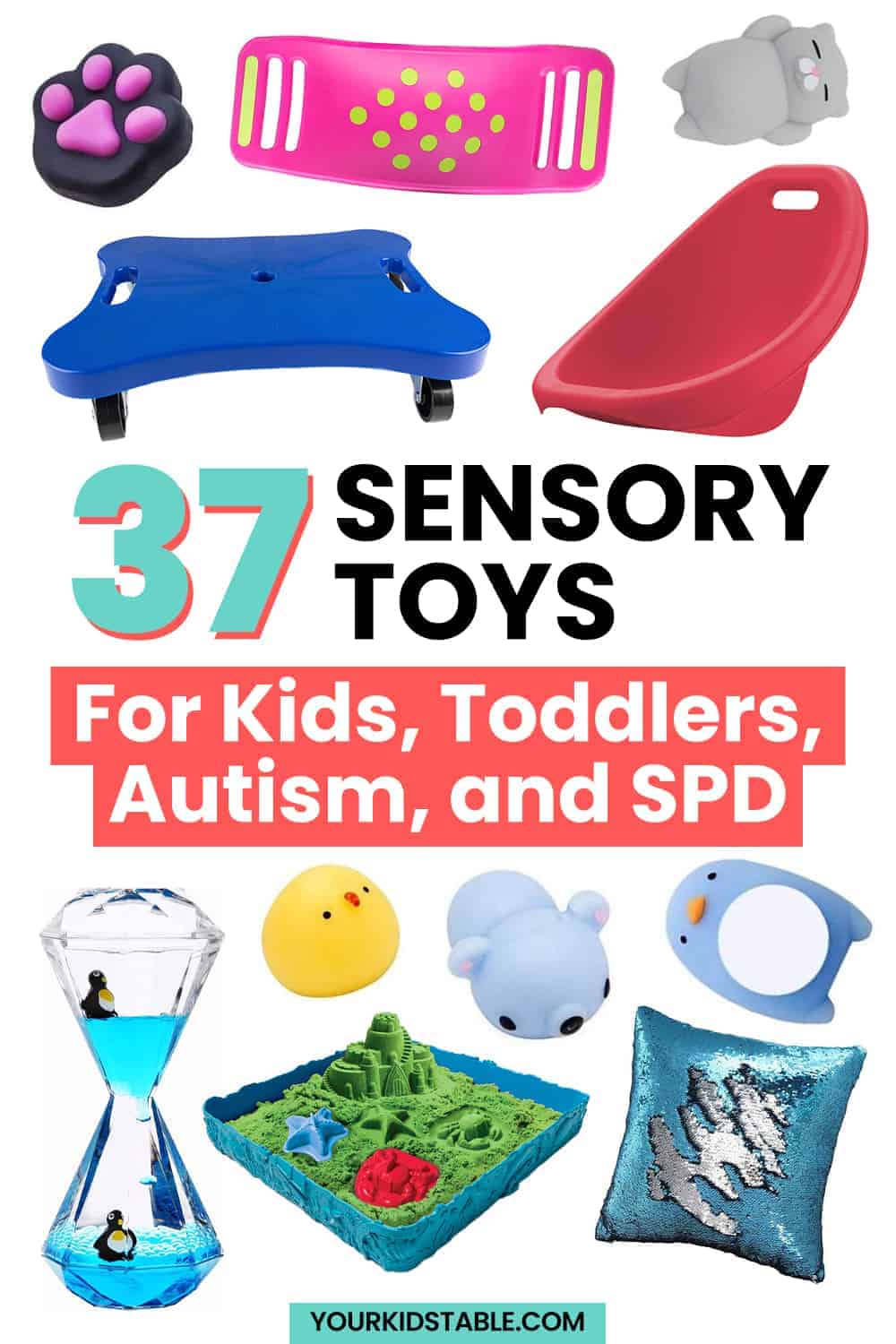00:00. 00:00. Most autistic people — 87 percent, according to the latest estimate — have some sort of motor difficulty, ranging from an atypical gait to problems with handwriting 1. These issues are distinct from the repetitive behaviors considered to be a hallmark of autism. And yet, despite their prevalence, motor problems are not
If people with Asperger’s or autism dislike change, how can they grow? – Quora
What are the signs of autism? The autism diagnosis age and intensity of autism’s early signs vary widely. Some infants show hints in their first months. In others, behaviors become obvious as late as age 2 or 3. Not all children with autism show all the signs. Many children who don’t have autism show a few.

Source Image: getgoally.com
Download Image
The Autism Helper | Resources & Tips | Trusted resources, tips, and materials to empower teachers, parents, clinicians, and administrators, to help children with autism.

Source Image: pinterest.com
Download Image
Pinterest When you see someone pacing, or jumping, or flapping, you know that they’ve got so much ‘zing’ going through their nervous system, they need extra physical ways to let that ‘zing’ out. That ‘zing’ can be coming from both internal and external sources of overstimulation.

Source Image: autismparentingmagazine.com
Download Image
Is Bouncing When You Walk A Sign Of Autism
When you see someone pacing, or jumping, or flapping, you know that they’ve got so much ‘zing’ going through their nervous system, they need extra physical ways to let that ‘zing’ out. That ‘zing’ can be coming from both internal and external sources of overstimulation. Delayed cognitive or learning skills. Hyperactive, impulsive, and/or inattentive behavior. Epilepsy or seizure disorder. Unusual eating and sleeping habits. Gastrointestinal issues (for example, constipation) Unusual mood or emotional reactions. Anxiety, stress, or excessive worry. Lack of fear or more fear than expected.
Early Signs of Autism in Infants and Children – Ultimate Guide
r/autism • 2 yr. ago mitsukaikira do you walk with that autistic bounce? because i sure do! General/Various i get told ALL THE TIME that i remind whoever it is of a little kid walking down the street. ive looked into it and i guess it comes down to gait differences and both toe-walking and a bouncy gait are supposedly traits of autistics Autism Resources | Into the Depths of the Ocean

Source Image: intothedepthsoftheocean.wordpress.com
Download Image
Pin on Pecs Communication r/autism • 2 yr. ago mitsukaikira do you walk with that autistic bounce? because i sure do! General/Various i get told ALL THE TIME that i remind whoever it is of a little kid walking down the street. ive looked into it and i guess it comes down to gait differences and both toe-walking and a bouncy gait are supposedly traits of autistics

Source Image: pinterest.com
Download Image
If people with Asperger’s or autism dislike change, how can they grow? – Quora 00:00. 00:00. Most autistic people — 87 percent, according to the latest estimate — have some sort of motor difficulty, ranging from an atypical gait to problems with handwriting 1. These issues are distinct from the repetitive behaviors considered to be a hallmark of autism. And yet, despite their prevalence, motor problems are not
Source Image: quora.com
Download Image
Pinterest The Autism Helper | Resources & Tips | Trusted resources, tips, and materials to empower teachers, parents, clinicians, and administrators, to help children with autism.

Source Image: pinterest.com
Download Image
Autism Meltdowns at Night or Bed Time For autistics, rocking, swinging and bouncing offer this same relief; these motions soothe stressed people and help them cope with the world around them. And most autistics have high levels of stress and resulting inflammation. Human beings have two parts to their nervous systems. One of these parts is called the sympathetic nervous system and

Source Image: getgoally.com
Download Image
Toe Walking: What Causes it and How You Can Help Your Child – The Inspired Treehouse When you see someone pacing, or jumping, or flapping, you know that they’ve got so much ‘zing’ going through their nervous system, they need extra physical ways to let that ‘zing’ out. That ‘zing’ can be coming from both internal and external sources of overstimulation.

Source Image: theinspiredtreehouse.com
Download Image
37 Sensory Toys for Kids, Toddlers, Autism, and SPD Delayed cognitive or learning skills. Hyperactive, impulsive, and/or inattentive behavior. Epilepsy or seizure disorder. Unusual eating and sleeping habits. Gastrointestinal issues (for example, constipation) Unusual mood or emotional reactions. Anxiety, stress, or excessive worry. Lack of fear or more fear than expected.

Source Image: yourkidstable.com
Download Image
Pin on Pecs Communication
37 Sensory Toys for Kids, Toddlers, Autism, and SPD What are the signs of autism? The autism diagnosis age and intensity of autism’s early signs vary widely. Some infants show hints in their first months. In others, behaviors become obvious as late as age 2 or 3. Not all children with autism show all the signs. Many children who don’t have autism show a few.
Pinterest Toe Walking: What Causes it and How You Can Help Your Child – The Inspired Treehouse For autistics, rocking, swinging and bouncing offer this same relief; these motions soothe stressed people and help them cope with the world around them. And most autistics have high levels of stress and resulting inflammation. Human beings have two parts to their nervous systems. One of these parts is called the sympathetic nervous system and